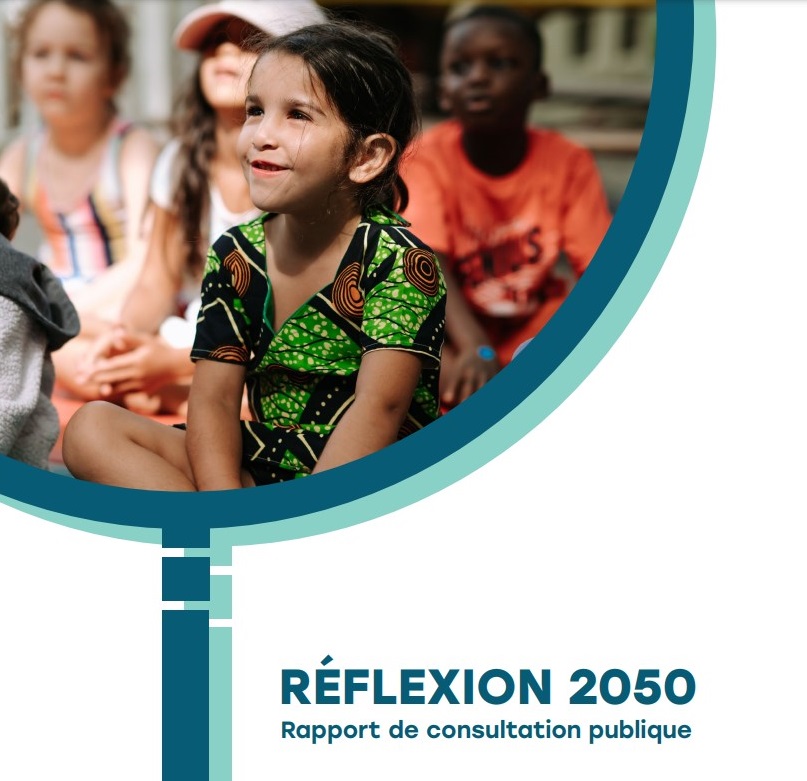The Montreal Office of Public Consultation (OCPM) has been mandated to organise a broad consultation on a comprehensive urban planning and mobility plan
In the spring of 2019, the Urban Planning and Mobility Service was mandated to review the urban planning (2004) and transportation (2008) plans currently in force. One of the reasons for commissioning the same department to revise both plans was to ensure the integration of land use and mobility planning. To achieve this, they adopted an innovative approach by drawing up a single urban development plan with a strong mobility component.

An important step in this process is to develop a territorial vision for Montreal in collaboration with civil society and Montrealers. To this end, the city has produced a document entitled Projet de ville: vers un plan d'urbanisme et de mobilité (City Project: Towards an Urban and Mobility Plan).
The Projet de ville presents a set of proposals that the city is putting forward to Montrealers. With this project, the city wants to understand to what extent its citizens are collectively ready and willing to transform the city and change their lifestyles: the way they live, travel, play, work, learn, produce and consume. Montreal has not determined the future prospects of UMP 2050 on its own: the Projet de ville is a call for the participation and involvement of Montrealers in defining the future of their city. It has served as a tool for the Montreal Office of Public Consultation (Office de Consultation Publique de Montréal - OCPM) to launch this co-creation exercise.
The proposals mentioned above are the result of work and ideation workshops with civil society organisations, businesses and institutions. They have been adapted to the specific characteristics of the Montreal region and respond to the needs expressed by the groups consulted, among them:
For the first time, the OCPM was able to include a cultural component in a consultation process. This was an experiment aimed at demonstrating that art as a source of dialogue can contribute to the transformation of the city. The consultation process took place in three phases: preliminary activities, information phase and consultation activities.
The Réflexion 2050 consultation on the City Project, preparatory to the future Urban and Mobility Plan 2050, demonstrates once again the importance of collective intelligence. It provides a clear link between the different audiences it reaches and their desire to actively participate in the development of their city.
This experience has been submitted as a candidate for the 17th IOPD Distinction. You can consult the full proposal on our ParticipateOIDP platform.